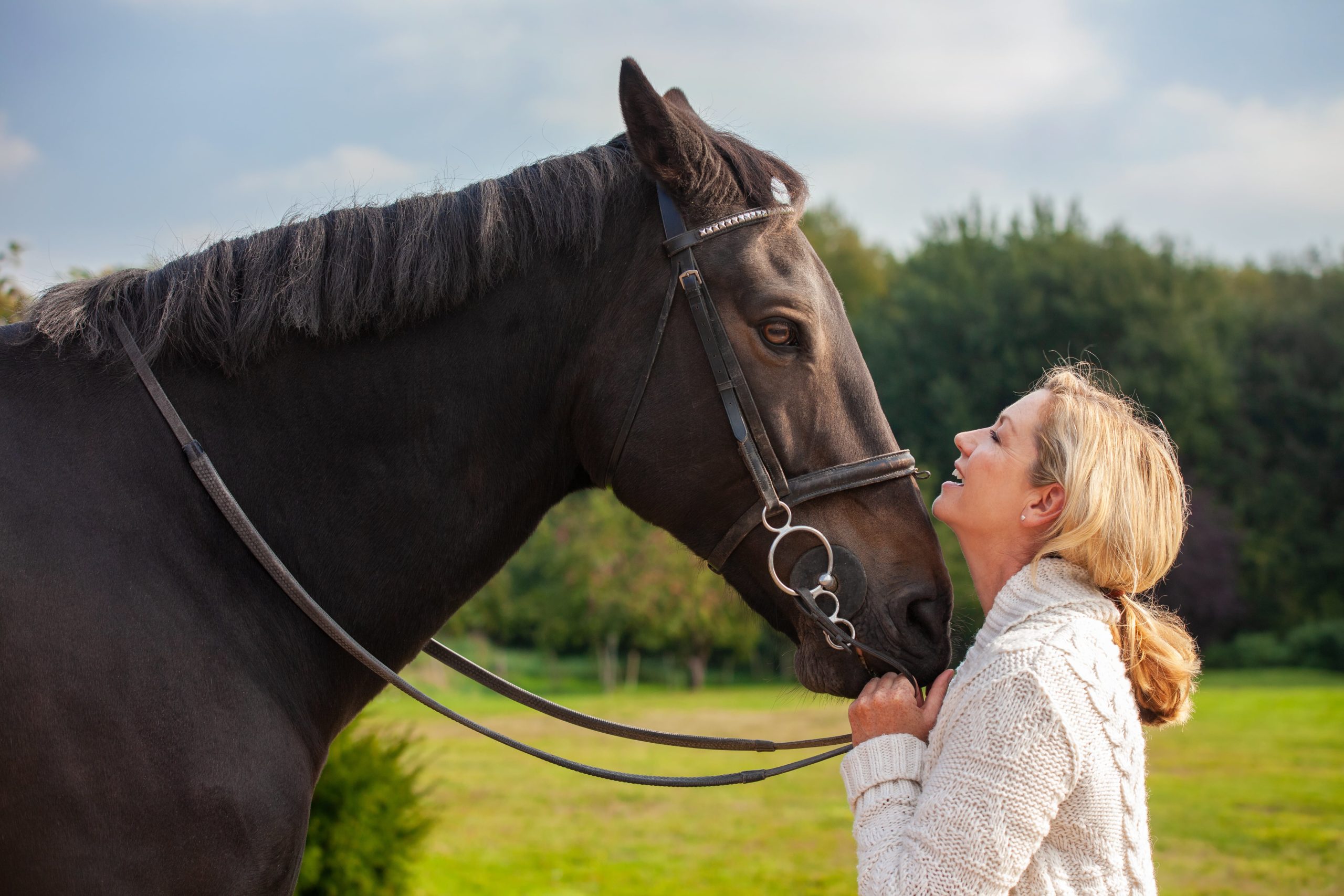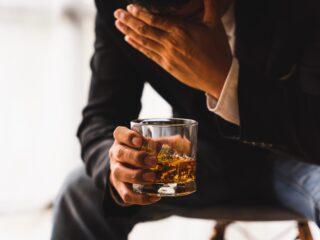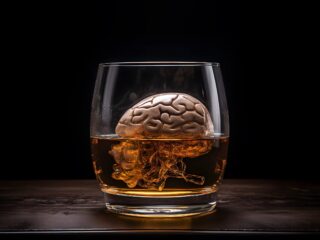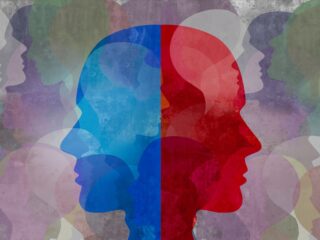Equine therapy, which is also known as equine-assisted therapy (EAP), involves the use of horses in therapy sessions. This non-conventional therapeutic approach was first introduced in the 1940’s as a method of treating the physical impacts of polio, however the use of horses in therapy can be dated as far back as 600 B.C. Today, equine therapy is readily used in the treatment of several conditions, including but not limited to, the following:
- ADD/ADHD
- Anxiety disorders
- Autism
- Dementia
- Depression
- Traumatic brain injury (TBI)
- Trauma
- Oppositional defiant disorder (ODD)
- Conduct disorder
Equine therapy has also proven to be extremely effective and impactful for people needing physical therapy for a range of issues, such as cerebral palsy or learning how to walk again after an accident. It is also highly regarded in the treatment of substance use disorders, acting as a supplemental and holistic form of therapy for those working on their recovery from drugs and/or alcohol.
Benefits of Equine Therapy for Drug Addiction
Addiction recovery is incredibly complex. It takes more than just stopping the physical act of using to maintain a life free from active addiction. It takes an immense amount of effort and dedication. That is because when recovering from active drug or alcohol addiction, a person must focus on all areas of their life — mental, physical, spiritual, and emotional — in order to set themselves up for success in their recovery. There are several types of therapies that are clinically proven to treat issues related to substance use disorders, but rarely is there a therapy that has the ability to treat issues in all of these areas. Equine therapy, however, can do just that, which is a benefit in itself. It is also beneficial in many other ways.
Developing emotional awareness
One of the most common reasons why people find themselves addicted to drugs or alcohol is because they began using in an effort to dull the emotional pain they were feeling. A major part of recovery is not just identifying what that emotional pain is and where it came from, but also learning positive emotional health and awareness. Horses can be instrumental in that process.
Horses are herd animals, so they are naturally inclined to work off of emotional responses from other horses, or in this case, humans. Studies have shown that horses are highly emotionally intelligent, interacting or not interacting with different types of people based on a person’s emotional responses to them. So for recovering addicts and alcoholics, a horse can serve as a mirror. If a person is aggressive, the horse is likely to be aggressive. If a person is calm, a horse is likely to be calm. As a result, people have to challenge themselves to take their own personal inventory in order to be successful in equine therapy. The benefit of doing this is that the horse will naturally force a person to do this, as again, they will reflect the emotional health and wellbeing of those around them.
Managing impulse control
A large majority of recovering addicts and alcoholics will freely admit that they struggle with being impulsive. Their impulsivity may even be one of the reasons why they started using in the first place. This common behavior can be problematic when uncontrolled, which is often the case for those who have developed a substance use disorder. But when working with horses, impulsivity can be counterproductive and even dangerous.
Our impulse control accounts for things such as our movement, level of excitement, volume of our voices, and how we react to something that scares us. Horses naturally respond negatively when someone around them is exhibiting impulsive behaviors. For example, running towards a horse prior to thinking about the horse will react is highly impulsive and typically frightening to a horse, as they are skittish to begin with. When participating in equine therapy, individuals will be challenged to develop better control of their impulses and think about how their actions will impact those around them prior to carrying out those actions. This teaches self-control, empathy, and forethought, all traits those who struggle with impulsivity tend to struggle with.
Improving relationships
Addiction is a family disease, meaning that it impacts everyone who it touches, even if they aren’t the ones actively using. Equine therapy for drug addiction and alcoholism gives those in recovery the opportunity to learn how to improve the relationships they have and develop healthy, positive ones in the future. Trust building exercises done between the horse and the individual can help that person learn how to trust others all while developing skills that make them trustworthy to others. Horses have a strong fight or flight response, so it’s imperative to establish trust when working with these animals. A horse who does not trust a person will not come to them, listen to them, or work with them unless some level of trust can be established.
Judgment-free therapy
Sometimes talking to another person or a group of people can be very intimidating, especially when discussing highly personal issues such as those typically related to substance use disorders. Many people avoid obtaining professional addiction treatment because they are fearful of what others might think of them for getting help or what they might think if they relapse again. The fear of being judged serves as one of the greatest obstacles to getting treatment, however horses are not judgmental creatures. This makes them a comfortable source for people to obtain therapy through, as there is no concern over how a horse will react when something serious like a traumatic event is brought to light. Because horses can provide that comfort, recovering addicts and alcoholics can be more open in an equine therapy setting than they may be if they were in an office, allowing for more thorough healing.
When equine therapy for drug addiction is conducted with certified professionals, people striving to recover from substance use disorders can benefit in these and many other ways.
Equine Therapy in Ohio
If you are addicted to drugs or alcohol, know that you are not alone. Substance use disorders are directly impacting more than 21 million people in the United States. However, you do not need to stay trapped in a cycle of substance abuse that leads you to an early grave. Help is available.
The staff at Ohio Addiction Recovery Center can help you end your active addiction and build your strength in recovery. Making the call is the hardest part, but we encourage you to pick up the phone and call us today. We can help, so do not wait any longer. Call us right now.






